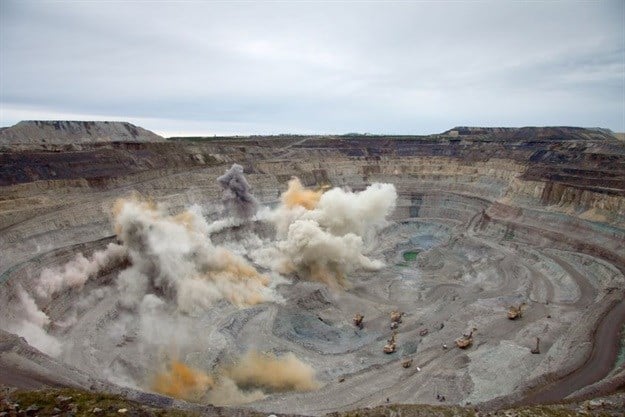
Subscribe & Follow
#AfricaMonth
In the news
The Xolobeni Conundrum: Land vs Mining Rights

Last year, the Constitutional Court added its voice to this discourse in Maledu and Others v Itereleng Bakgatla Mineral Resources (Pty) Ltd and Another and held that a community in terms of the Interim Protection of Informal Land Rights Act, 1996 (IPILRA) cannot be deprived of land without its consent. Deprivation was widely interpreted to include an interference with the use, enjoyment or exploitation of private property. This meant that prospecting, mining or any such implementation of activities authorized by a mining title fell within the broad meaning of “deprivation” as these activities effectively deprived communities of their right to use, enjoy and exploit their land.
Following the Maledu judgment, the Gauteng Division of the High Court in Baleni and Others v Minister of Mineral Resources and Others was tasked with considering the matter of the Xolobeni community residing in Umgungundlovu along the Wild Coast of South Africa. For over a decade, this has been a very contentious matter which has led to divisions within the community, much media coverage and debate by the different stakeholders in the mining industry.
In this matter, Transworld Energy and Mineral Resources (TEM), an Australian mining company sought to mine the titanium-rich sands in the Xolobeni area. To this end, TEM applied for a mining right for titanium ores and other heavy minerals in the Xolobeni area in Eastern Cape. The applicants, together with their families have lived within or in close proximity of the proposed mining area for generations (the Community).
The Community did not want TEM to mine on their ancestral land. They opposed the proposed mining on the basis that they feared the disastrous social, economic and ecological consequences of mining. On the other hand, TEM contended that the Mineral and Petroleum Resources Development Act, 2002 (MPRDA) does not require the landowner’s consent prior to the grant of a mining right. In this regard, TEM relied on section 5 of the MPRDA which states that a mining right is a limited real right which entitles the holder to enter the land to which the right relates together with its employees, plant, machinery or equipment and undertake mining activities for its own account. Consent of the landowner under the MPRDA is not required. What is required is that the relevant community or landowner must be consulted prior to the mining right being granted by the Minister of Mineral Resources.
In response to this, the Community argued that they had a right to consent to any deprivation of their informal land rights – which included mining – in accordance with the provisions of section 2 of the IPILRA. TEM further argued that the MPRDA trumps the IPILRA and maintained that, in terms of the MPRDA, no landowner has the right to refuse consent to mining.
The High Court therefore had to consider whether the consent of communities afforded informal land rights by the IPILRA was required in order for a mining right holder to exercise its right under the MPRDA. To this end, the court found that both pieces of legislation can exist harmoniously. Whereas the MPRDA is primarily concerned with the promotion of equitable access to mineral resources for all South Africans, the IPILRA seeks to protect communities who were victims of past discrimination and who have a deep cultural and religious connection to the land.
The court placed emphasis on the importance of interpreting the provisions of the all legislation, including the MPRDA, in a manner that promotes the “spirit, purport and objects of the Bill of Rights” and affording all “remedial legislation” (which includes the MPRDA) a purposive interpretation which promotes the transformative objects in the Constitution.
The court also emphasised the recognition afforded to customary law under the Constitution and interestingly, held that the provisions of the MPRDA, which prevail over inconsistent provisions of common law, do not similarly prevail over customary law. In fact, the court asserted that the MPRDA does not purport to regulate customary law at all.
It seems therefore that communities which fall within the ambit of the IPILRA are afforded broader rights than common law landowners. The consent of these communities must be sought by the Minister prior to the granting of a mining right. This begs the question whether a new special category of rights to land has been created which enjoys greater protection in respect of the grant of mining titles? Also, and to echo the concerns of the Minister of Mineral Resources during the Mining Indaba 2019, does this not effectively interfere with the Minister’s authority to consider mining title applications and entrust communities with decision-making powers on mining title applications?











